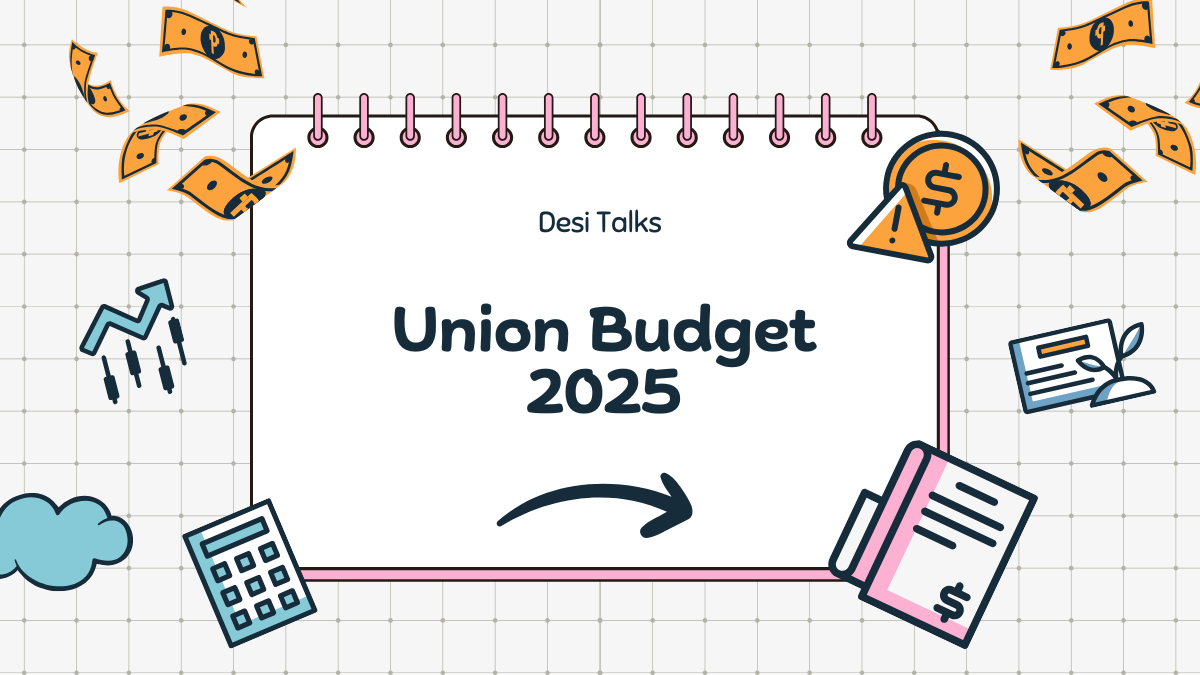Rumours of a cut in income tax rates are doing the rounds as Finance Minister Nirmala Sitharaman set to present the Union Budget on 1 February. Will the Union Budget 2025 witness the end of the old tax regime?
Salaried and middle class taxpayers are looking to the Modi 3.0 government for income tax relief specially under the new income tax regime 2025.
Taxpayers are eagerly awaiting potential reductions in tax rates and higher exemption limits in the face of high inflation and changing consumption trends.With the increasing cost of living and shrinking disposable incomes, the focus is on the New Tax Regime advocated by the current government.
Currently, India operates with two distinct tax regimes: the Old Regime, which allows for various deductions, and the New Tax Regime, which offers lower base rates but eliminates those deductions.
This New Income Tax Regime offers lower tax rates against the removal of certain exemptions and deductions available in the old regime, such as the standard deduction and home rent allowance (HRA). Under Both Old and New Income Tax Regime a Standard Deduction of Rs 50,000 is permitted for all salaried employees, irrespective of their gross salary income, those opting for Old Tax Regime. This also applies to pensioners.
In Union Budget 2024, FM Sitharaman increased the standard deduction for salaried individuals to Rs 75,000 under the New Income Tax Regime 2025.
“Given the government’s biased stance towards the new income tax regime 2025, the growing number of people choosing it, and the fact that the limits for various deductions under the old regime have not been updated since the new system was introduced, don’t be surprised if the finance minister decides to scrap the old tax regime completely,” said Balwant Jain, a Mumbai-based tax and investment expert.
Old Income Tax Regime vs New Income Tax Regime 2025
- You can get a tax break on income up to ₹7 lakh if you choose the new tax system, or up to ₹5 lakh if you stick with the old one.
- Under the new rule, the standard deduction for salaried individuals is ₹75,000, while under the previous regime, it was ₹50,000.
- If you switch to the new tax system, you’ll likely lose many of the tax breaks and deductions you were used to, like those for investments (80C), medical insurance (80D), and house rent allowance (HRA) that were only available in the old system.
Higher HRA
Because everything is getting more expensive, including rent, people want the government to let them deduct more rent from their taxes. Deepashree Shetty, a tax expert at BDO India, thinks cities like Bengaluru, Gurugram, Hyderabad, and Pune should be considered “metro cities” for tax purposes, so people living there and paying high rents can get a bigger tax break
Home Loans
The head of SMFG India Home Finance, Deepak Patkar, wants bigger tax breaks for home loans and more help for people buying affordable homes. He suggests raising the limit on affordable housing loans, especially in big cities where land is expensive, from ₹20 lakh to make it easier for people to buy. Amit Chopra from NAR India agrees, saying that lowering stamp duty, registration fees, and home loan interest rates, particularly for first-time buyers, would help more people own homes and boost the housing market.
Long Term Capital Gains
Krishna Patwari, Founder and Managing Director of WWIPL.com said “Someone suggested making taxes on stock profits fairer. One idea is to give people who hold onto their stocks for a long time a lower tax rate when they sell them. This would help people who are investing for the long haul. They also suggested giving tax breaks or deductions if people reinvest their stock profits, which could help businesses grow and encourage new ideas.
Most people care most about how the budget will affect their taxes, hoping for lower rates or more tax breaks. It’s interesting that even though 10 crore people file taxes in India, 7 crore don’t actually pay anything because of rebates. That means only 3 crore people are actually paying income tax, and most of them (95%) are salaried employees.
